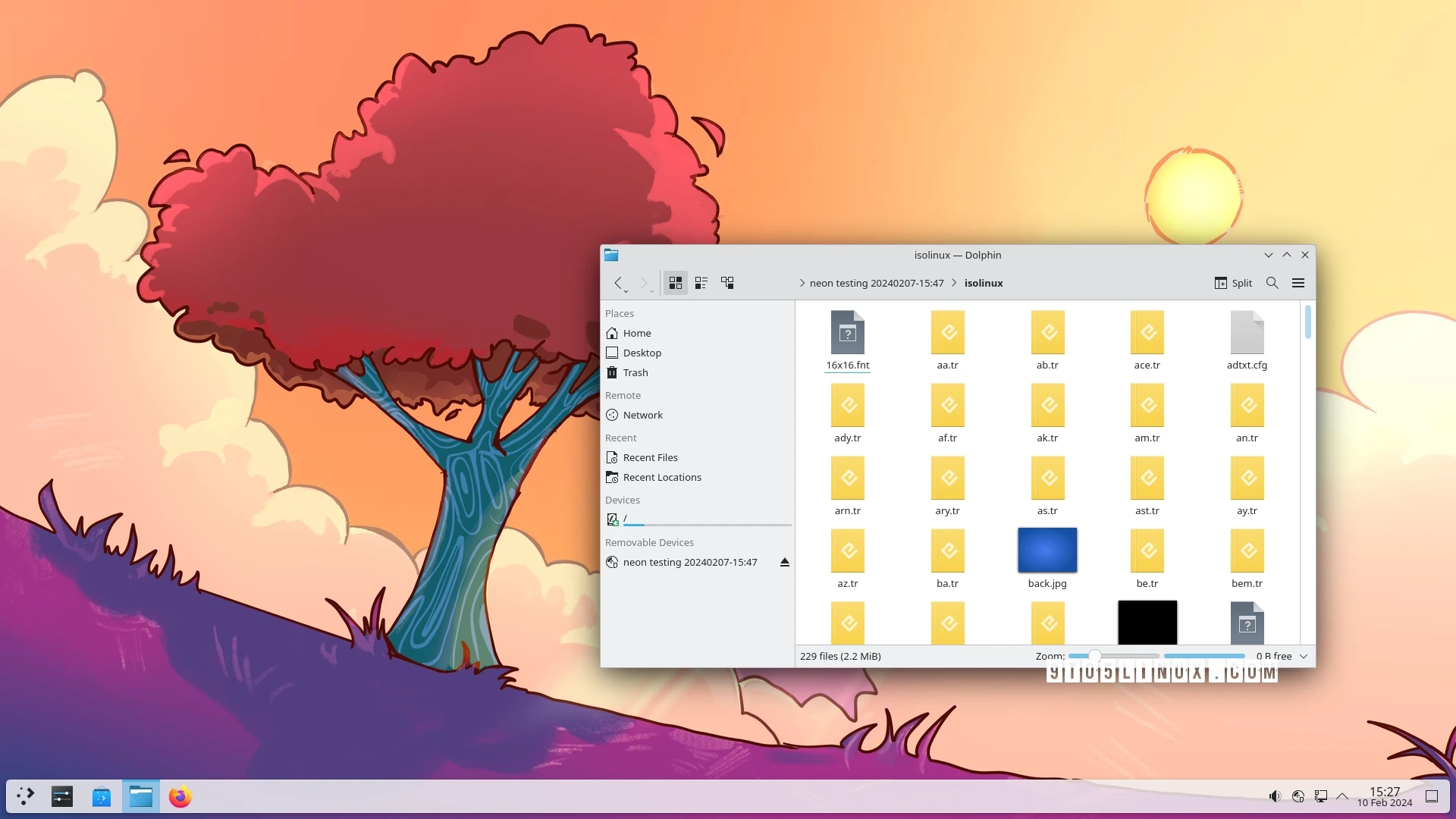The KDE Project has announced the release of KDE Frameworks 6.5, which is the newest iteration of the over 70 add-on libraries to Qt enhancing functionality across KDE applications and the Plasma desktop.
This update brings enhancements such as better accessibility for various controls in the Shortcuts section of System Settings, adoption of the standardized red X symbol for “remove this abstraction” as suggested by the Human Interface Guidelines (HIG) in the Breeze icon theme, and elevated support for applications running on the Plasma Wayland session.
Further improvements include tooltips in the open/save dialogs and in other areas within Dolphin’s Places panels that display useful information on hover, significantly heightened performance for all KDE components utilizing the KFileItem::isHidden function, and enhanced “Get New [thing]” dialogs that now allow for file downloads directly from a detailed page containing multiple entries.
In addition, KDE Frameworks 6.5 advances support for applications that separate their transient state data from their persistent configuration data by placing the state config files within the standard XDG state directory at ~/.local/state/. There is also new functionality allowing applications to remember their window size, maximization state, and screen position on the Plasma X11 session.
On top of that, it implements some security hardening that allows KAuth to use file descriptors instead of file paths, along with support for this on the Login Screen page in System Settings, improves the “Click in track to scroll by one page at a time” feature, and improves support for immutable distros like Fedora Kinoite.
Multiple bugs have been addressed in the new KDE Frameworks release, including a Plasma crash that occurred when trying to re-assign a shortcut for a widget to one that’s already used by something else. Check out the full changelog for more details about the changes included in this release.
KDE Frameworks 6.5 will soon make its way into the stable repositories of various popular rolling-release distributions, including KDE neon, Arch Linux, and openSUSE Tumbleweed, as well as other well-established distros like Fedora Linux, so make sure that you update your installations accordingly.
Last updated 11 hours ago
